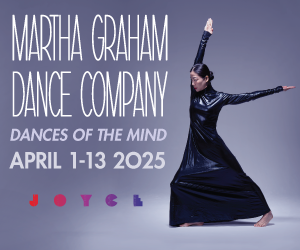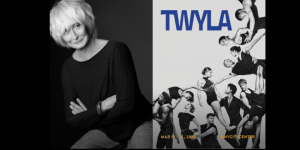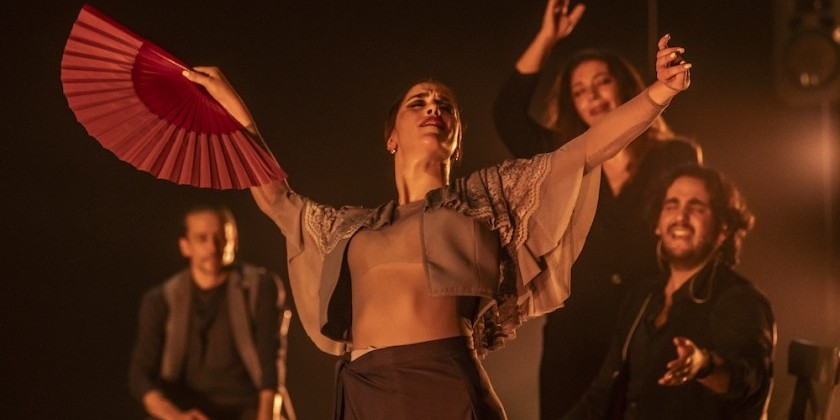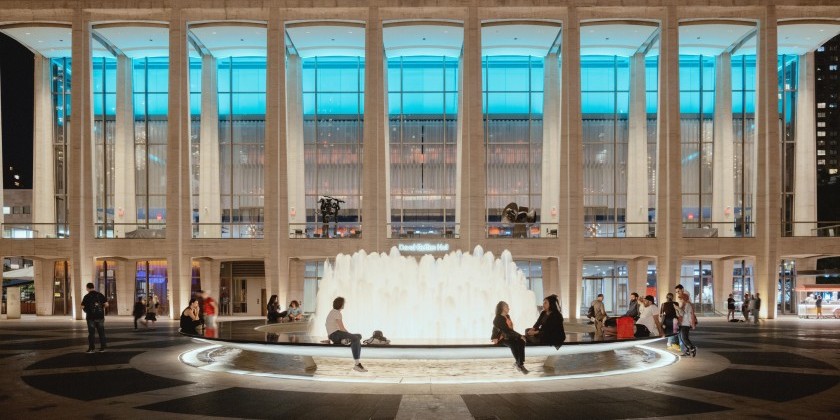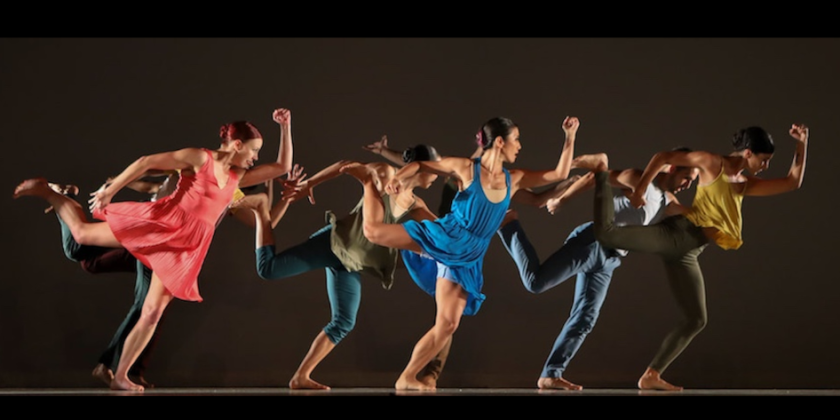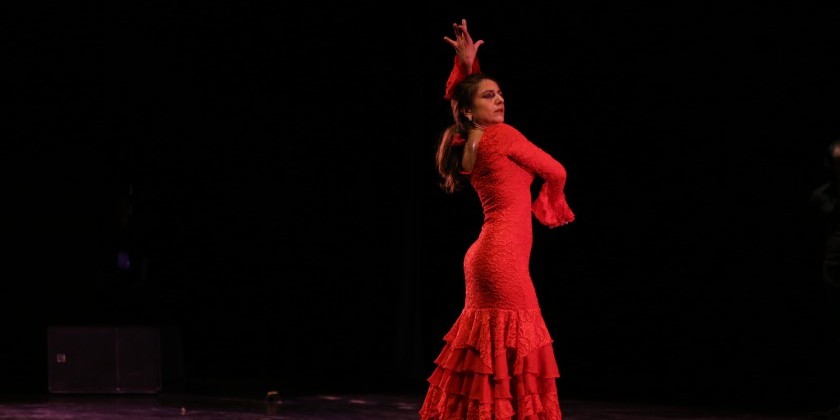IMPRESSIONS OF: Patricia's Noworol's REPLACEMENT PLACE
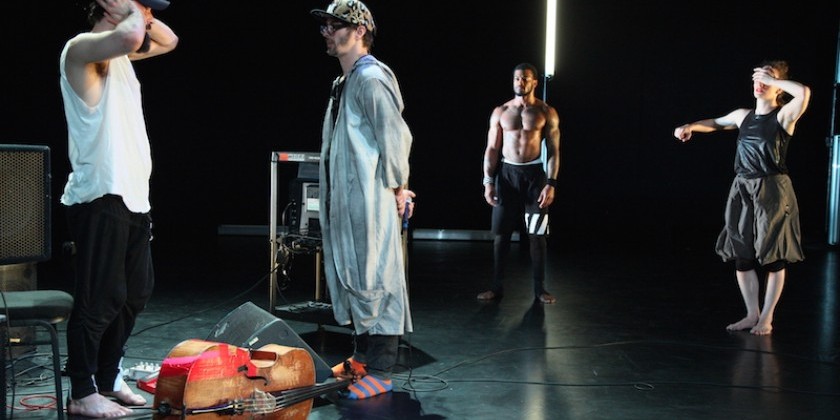
at New York Live Arts
REPLACEMENT PLACE
Concept/Direction/ Choreography Patricia Noworol (created in collaboration with the performers)
Performance: Nick Bruder, AJ “The Animal” Jonez, Chris Lancaster, Troy Ogilvie
Music Composition &Text: Chris Lancaster and “Ancient Demons” composed by Jonez produced by HITMAKERCHINKX
Artistic Assistance/Dramaturgy: Erik Abbot-Main
Costume/Set Design:Vita Tzykun Costume/Set Design Assistant: Rimma Elbert
Lighting Design: Barbara Samuels Production Stage Manager: Nicole Gross
Performance Seen Friday May 1, 2015
Patricia Noworol has a knack for bringing talent and crazy together. Let’s discuss.
Chris Lancaster, a wildly energetic cellist, composer, and performer created most of the music and text for the world premiere of Noworol’s REPLACEMENT PLACE. Not only does Lancaster’s music swing easily from haunting melody to club-like, pulsing electronic waves and beats, but the musician captures us with his intense physicality. He works that cello like a mad dance partner in need of taming. Unable to be contained, Lancaster performs off-cello, as well, becoming one of the four characters in search of sanity in REPLACEMENT PLACE — a world lit with flashes of fluorescent light and the white/grey fuzz of an old television.
Troy Ogilvie, Nick Bruder, and Aaron Jones (a.k.a. AJ “The Animal” Jonez) are the other performers; and each lends impressive talent to REPLACEMENT PLACE. Jonez, a Navy veteran and founder of Era Dance Crew, shows off a brand of FLEXING dance he calls “animal animation.” Is he man or beast? His precise, chopped body-rippling, often combined with highly-animated facial expressions, instantly reminds us of the surreal moves of the mythological beasts in old black-and-white adventure movies like “The 7th Voyage of Sinbad” or — for the younger set — of the statuary animals coming to life in the “Night at The Museum” movie series. Whether Jones slithers across the stage or appears to crawl up or down a wall, his total command of his musculature wows the eyes.
Ogilvie captivates us from the beginning of the evening as she storms on the stage. On and off she goes, facing us, facing away, and peering at us with inquiring eyes and half-hearted smiles. She precedes to perform a semi-hopscotch, off-kilter ballet that makes us wonder what’s holding her up.
The music becomes intense, rapid, louder. Someone yells,”Fuck.” Ogilvie, Bruder, and Jonez race agitated about the stage, jump into the air (not for joy, but as some sort of reactive spasm) then roll in a frenzy across the floor. Ogilvie and Bruder possess a looser, softer,and more elastic quality than Jonez, but move with equal power. When these artists thrash together the space exudes energy. Interactions, when there are interactions, evoke our interest. Often characterizations do, too. Clearly these people are extreme, somehow broken, lost, or different. The larger question is, what does the director want to tell us about her four-ring circus? Is there a clue in Lancaster’s depressing text, “FEELINGS,” included in the program? Are we all f**ked as suggested and therefore, why bother with a through line. (?)
We feel compelled to watch as Ogilvie attempts a FLEXING duet with Jonez. We are uncomfortably interested and amused as Ogilvie, in the manner of a snotty, piggy-nosed emcee (her nose is taped to be exaggeratedly upturned) leads the cast through a strange, gestural contest, delivering zinging disingenuous “compliments” as she goes. We cringe, but still watch as Bruder painfully crawls on his back after pitching himself to the ground. We wonder what Bruder and Ogilvie are trying to say as they leap and fall to the floor like broken birds.
Yet Noworol significantly challenges our interest and curiosity when she allows her players to rant. She gives Bruder and Lancaster’s characters this indulgence. We should want to know why heavily-bearded Bruder has broken from dancing to dress his manly self in black, patent-leather, high-heeled boots, but his relentless whining is so annoying —“You’re so fucking special. I wish I was special. I am a creep. What am I doing here? I don’t belong. I am a weirdo.”— it eradicates desire for further inquiry.
After his TV set is taken away, Lancaster’s character belches vile abuse in a hellish tirade that lasts an eternity. Why is this character’s overblown fit given so much space? To inflict such a heavy dose of insanity on the audience with no tempering is assaulting. Conversely, when AJ Jonez re-emerges as a rapper, raging and cursing in rhyme, his energetic performance structured with poetry, movement, and rhythm draws us in. But what are we being drawn into — smatterings of individual performance, or a larger concept?
Bringing together collaborators crazy with talent is amazing, but not enough. The ability to restrain and direct said talent may be the more necessary and difficult task.




